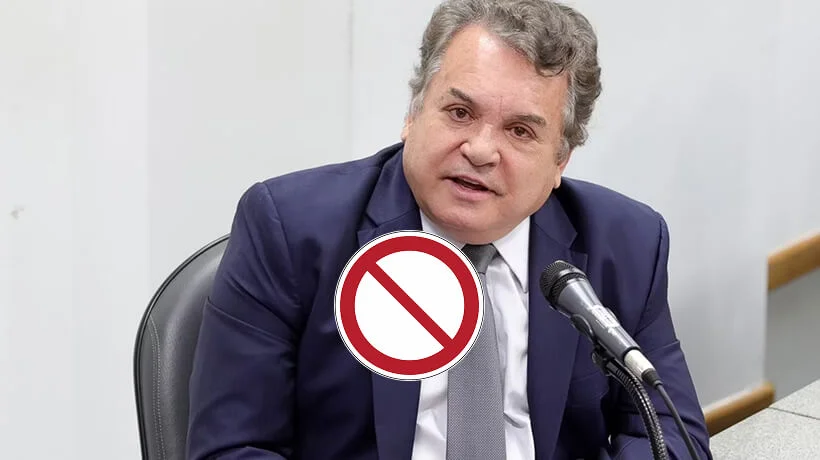Deputy Alencar da Silveira Jr. introduced the bill in Minas Gerais’ Legislative Assembly. The state’s Constitution and Justice Committee approved an updated version this week.
The original plan wanted a complete ban on betting terminals in bars and restaurants. That proved too harsh. So the revised text lets licensed lottery outlets keep their machines but shuts down equipment in regular businesses.
Federal, state or municipal authorities must authorise any venue that wants to operate gambling machines. Regular bars and restaurants don’t qualify under the new rules.
Why Minas Gerais Targets Bar Gambling
The state wants control over where people can gamble. Right now, betting machines show up in bars and restaurants without proper oversight.
These venues often run equipment that regulators can’t monitor properly. Players use terminals that might not follow fair gaming rules. And authorities struggle to track what’s happening inside local businesses across the state.
The bill tries to fix this by creating clear rules about who can offer gambling and how they must operate. It’s part of a broader state effort to manage the gaming sector while protecting residents from unregulated operations.
Social responsibility concerns drive this push too. When betting machines sit in every neighbourhood bar, gambling becomes too accessible.
What Changes Under the New Rules
All video lottery terminals must connect to a central monitoring system. Regulators get real-time access to check what’s happening on each machine throughout the day.
Bars and restaurants can only offer certified physical betting equipment that prints tickets. No video terminals allowed at all. The bill also bans online fixed-odds betting in these venues (what some call “virtual casinos”).
Violations bring daily fines of 10,000 state fiscal units. That adds up fast. Businesses that don’t comply within 60 days face temporary closure. That’s a serious penalty that could shut down a bar or restaurant entirely.
The bill now moves to more legislative committees for debate before reaching the full assembly floor for a final vote.
How This Affects Local Gaming Operations
Licensed lottery venues can keep their machines but must install monitoring systems first. That means new tech expenses and ongoing compliance costs they didn’t face before.
Bar owners lose a revenue source. Many currently earn money from betting terminals on their premises. They’ll need to remove that equipment soon or face those steep daily fines.
The capital city of Belo Horizonte recently proposed cutting betting taxes to attract licensed operators to the state. But this assembly bill pulls in the opposite direction by limiting where gambling can actually happen. So operators face mixed signals from different government levels.
Other Brazilian states might watch how this plays out. If it works in Minas Gerais, similar rules could spread to neighbouring regions.





